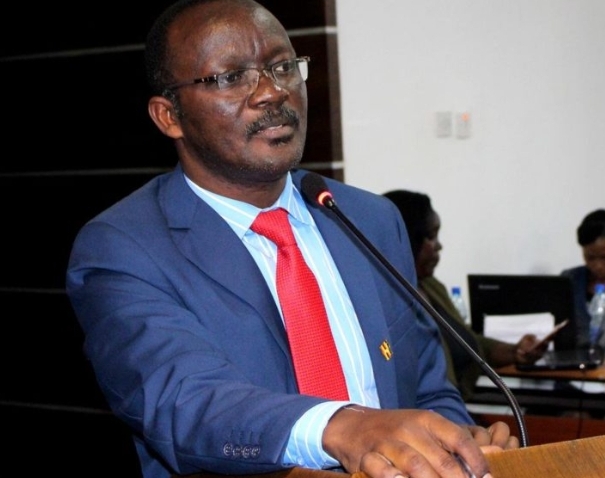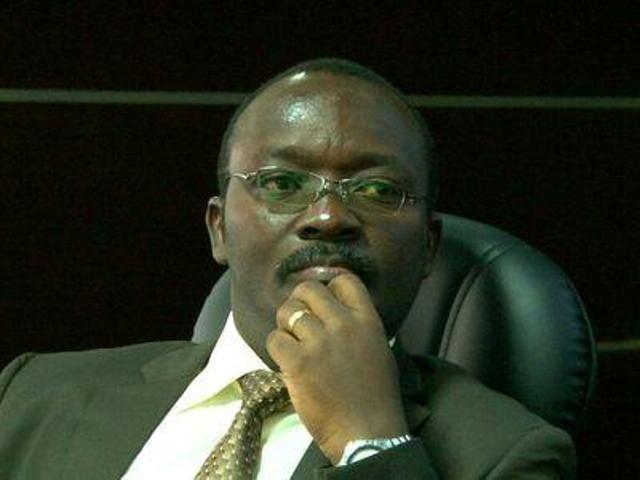The National Water and Sewerage Corporation (NWSC) has sounded the alarm over surging unpaid bills from various government institutions, now surpassing UGX 100 billion. The utility’s Managing Director, Dr. Silver Mugisha, has appealed to Parliament to revise the Value Added Tax (VAT) Act to enable an innovative approach to offsetting its tax obligations.
While addressing a joint session of the Parliamentary Committees on Natural Resources and Finance to review the ministerial policy statement, Dr. Mugisha suggested an amendment that would allow NWSC to balance its VAT dues to the Uganda Revenue Authority (URA) against debts owed by government agencies.
He proposed a VAT swap system, which would allow the utility to compensate its tax liability with outstanding balances from government bodies that consume more water than their budgets permit. “If our monthly VAT dues exceed what these institutions owe, we’ll pay the difference to URA. But this model would help us stay afloat,” Mugisha explained.

To facilitate this, NWSC is requesting a revision of Section 31(2) of the VAT Act to legally support the proposed policy of “VAT invoiced and deemed paid.”
Dr. Mugisha pointed out that 36 government institutions including security agencies, the Ministry of Defence, hospitals, and correctional services are behind on payments. Efforts to secure funds from the Ministry of Finance have stalled, despite a directive from the President urging the settlement of these arrears.
Committee Chairperson expressed concern over the financial strain on NWSC, highlighting the irony that one of Uganda’s most successful public entities is now struggling to keep services running. “This issue requires urgent and serious attention,” he said.
A section of MPs backed the call for a legal amendment but also advocated for a supplementary budget to bridge the financial gap. She emphasized that water services are essential and must be prioritized.
Meanwhile, MPs suggested rolling out prepaid water meters to manage consumption and prevent further accumulation of debt. However, Dr. Mugisha dismissed the idea, warning that critical institutions like hospitals cannot be subjected to water disconnection. “Can we risk turning off water at Mulago Hospital? Prepaid meters won’t work if the institutions are underfunded,” they argued.
The proposed legal changes, if adopted, could offer NWSC a temporary financial lifeline as it awaits settlement of long-standing dues from government agencies.





























